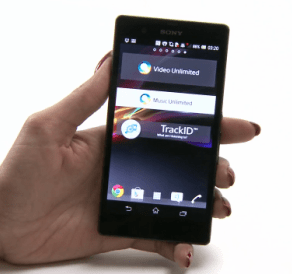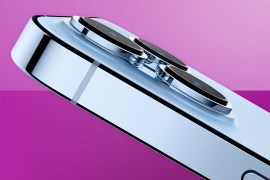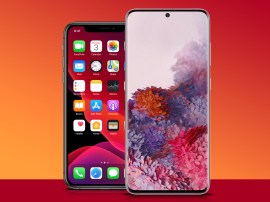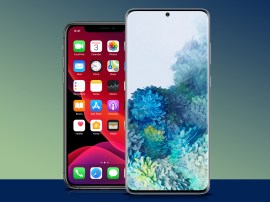Apple’s latest courtroom victory could require Samsung phone changes
But they're older phones - unless Apple can get more devices added to the list

About a year ago, Apple and Samsung agreed to stop suing each other in several countries, preventing them from wasting time and resources over various infringement claims. It was a nice show, but there was a big asterisk on the proclamation.
The caveat, of course, was that existing legal claims in the United States could continue on, which is why the four-year battle between the two continues to rage on there. Last year, a court awarded Apple US$119,625,000 in finding that Samsung infringed on iPhone patents in the creation of its Galaxy devices — which followed a 2012 ruling that awarded US$1.05 billion in damages before being reduced to US$939.8 million and later US$548 million.
Today, in an appeals ruling, a the U.S. Court of Appeals for the Federal Circuit in Washington deemed that Samsung could not use software features like slide-to-unlock, autocorrect, and quick-links (auto-created links within text) in its devices. The ruling came due to Apple’s appeal of a denied injunction against Samsung, and this court agreed that Apple deserved protections for its patented features.
What does this all actually mean, without the legalese? Well, if the ruling holds up in district court, then Samsung may be forced to change its affected devices – but the short-term prospects wouldn’t be very damaging. The most recent phone cited in the case is the Galaxy S3 from 2012, and there’s no real need to amend a device that’s no longer being manufactured.
However, Bloomberg says that Apple can attempt to have Samsung’s more recent phones, which may still violate those patents, covered under the injunction. If that happens, then Samsung may be forced to make major OS changes, pull its devices off the market, or – most likely – try to come to some sort of royalties deal with Apple.
In a positive sign, both Apple and Samsung have said they’re up for working with a mediator to bring this case to a proper conclusion, and Apple suggested binding arbitration as well. Surely, after four years of back-and-forth bickering and many millions in legal fees, both sides are ready to move on for real this time.



